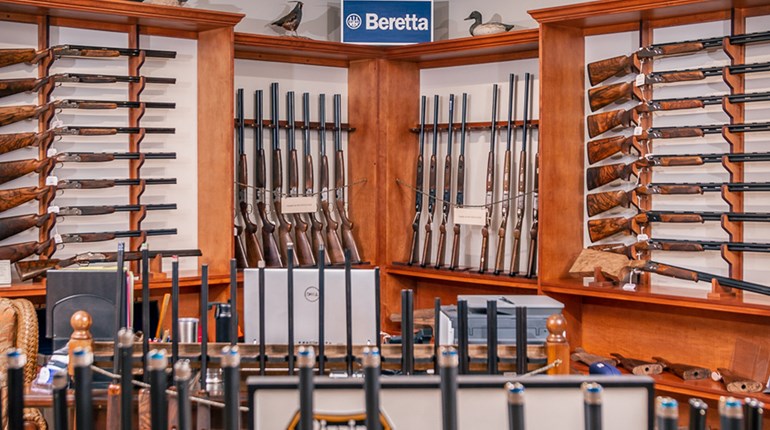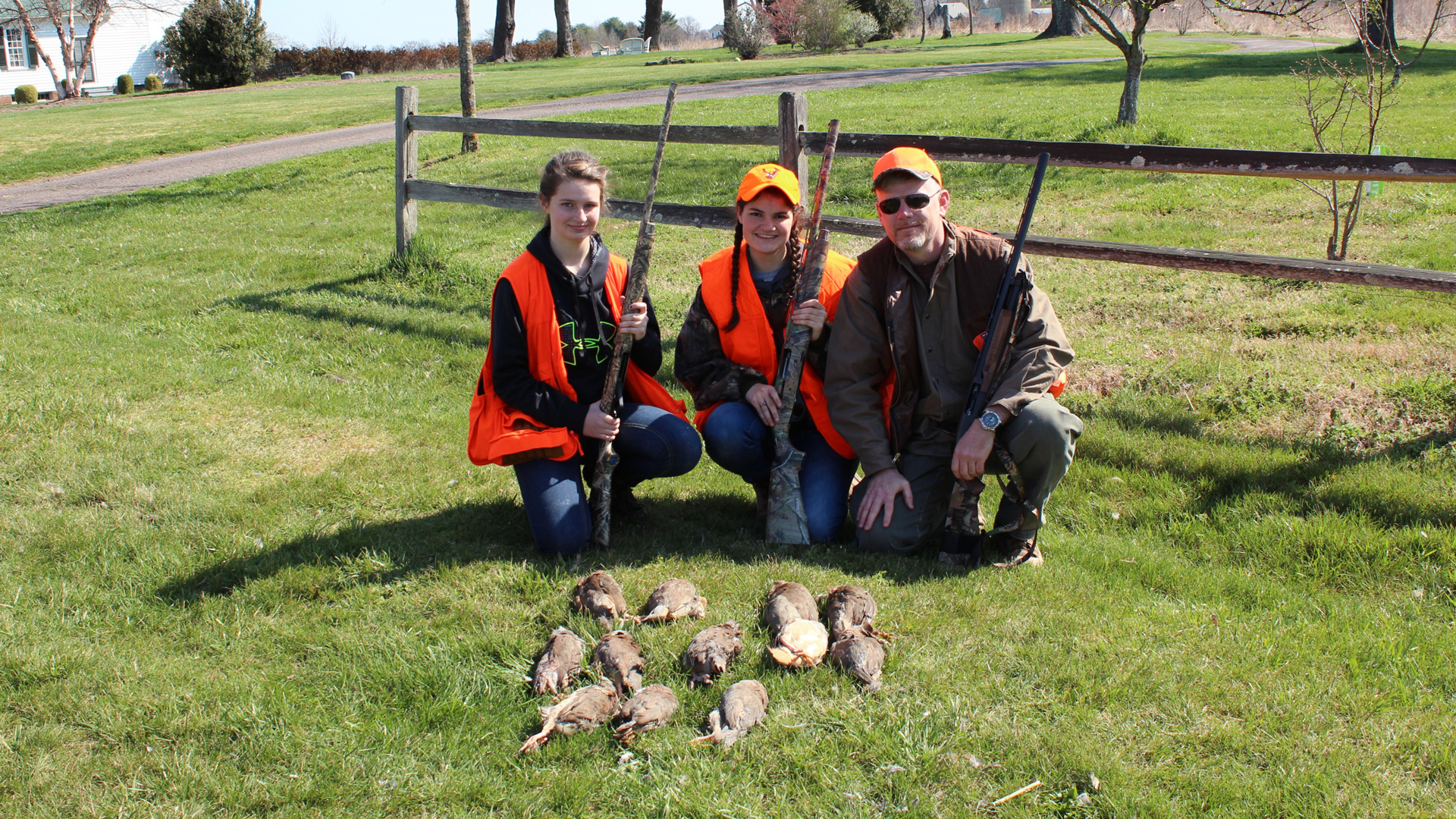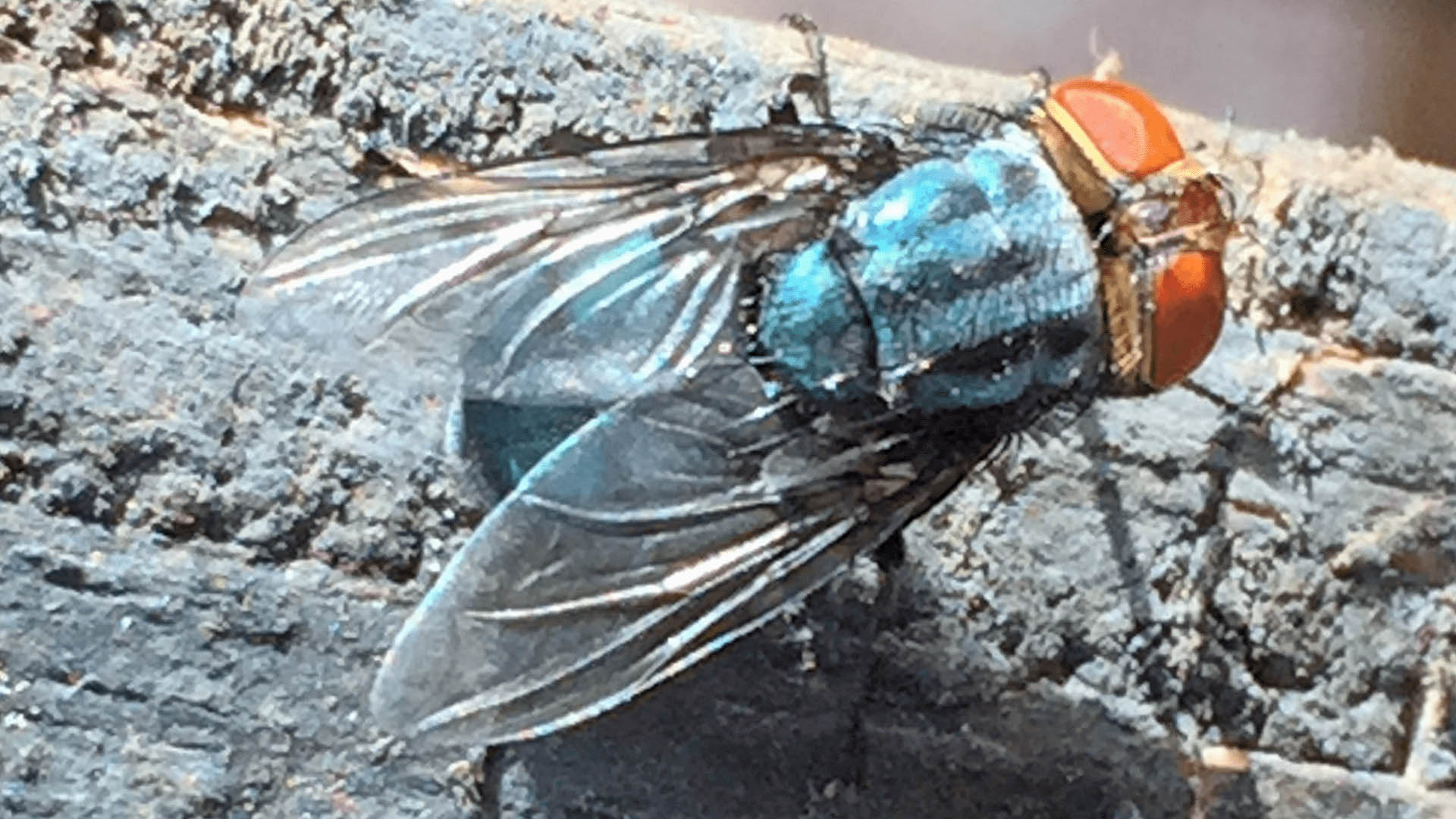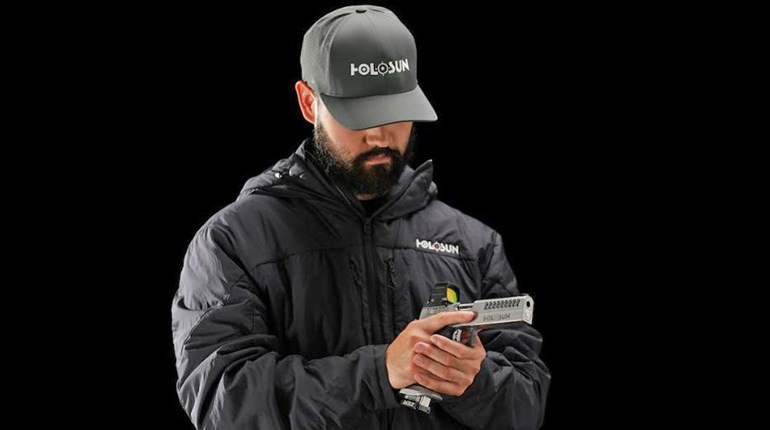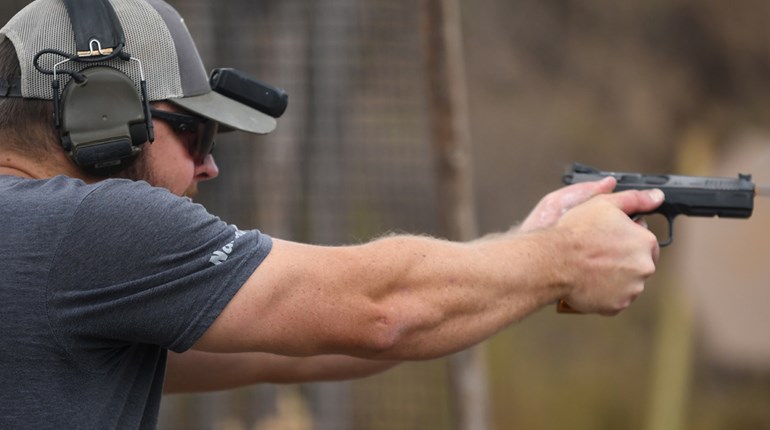
I was plucking a drake mallard Saturday night when my girlfriend arrived. "How was duck hunting?" she asked.
"It was a little slow," I said, "but we each got a mallard and as an added bonus Eric got a wood duck with a band on its leg."
"Why is a banded duck considered a bonus?"
Good question. Why do we love the little pieces of metal that biologists use to study migration patterns and mortality rates? For me, it's a little personal. You see, I've been hunting ducks since I was 13 years old. In that time I've managed to take a few ducks and yet I still do not have a single band to my name. Meanwhile the two guys I hunt with only recently took up the sport, yet they've taken a total of three banded birds. So to some degree I just want to shoot a banded bird to be able to say I did.
Plus lanyards full of bands look cool. My lanyard looks naked, aside from a few expensive acrylic calls (which I'm able to blow just as poorly as my cheap polycarbonates).
Then there are the rewards offered by the U.S. Fish and Wildlife Service, the No. 1 bander of migratory birds in America (many state agencies also band wildlife). If you report a band to the USFWS, you'll receive a certificate with your name and the band's number—a nice memento. You might even collect a 25 to 100 dollar cash reward if you kill a bird wearing a "money band".
Still, does a little bling around your neck and the slight chance of a cash reward constitute our love of leg bands? It doesn't hurt, but I think there's something larger at work: Duck bands spark old-fashioned imagination and childlike wonder. The fact that ducks and geese migrate long distances to reach our hometowns adds greatly to the adventure of waterfowl hunting. They arrive in droves every year during what old-timers refer to as the "grand passage"—the waterfowl migration's glorious peak.
It's one of nature's most magical events, and every time I kill a duck, I can't help but wonder where it was hatched,where it wintered and summered, and what it encountered along the way. When one of us takesa banded duck, we know that at some point the bird was caught and banded by a human—a fascinating event in itself—and when we report the band number, we're able to learn where the bird was banded and in some cases its age. This causes further wonderment while unraveling some of the mystery behind the duck's journey.To me, if you love ducks, if you love learning about ducks and you can't stop thinking about ducks, you can't help but love duck bands.












